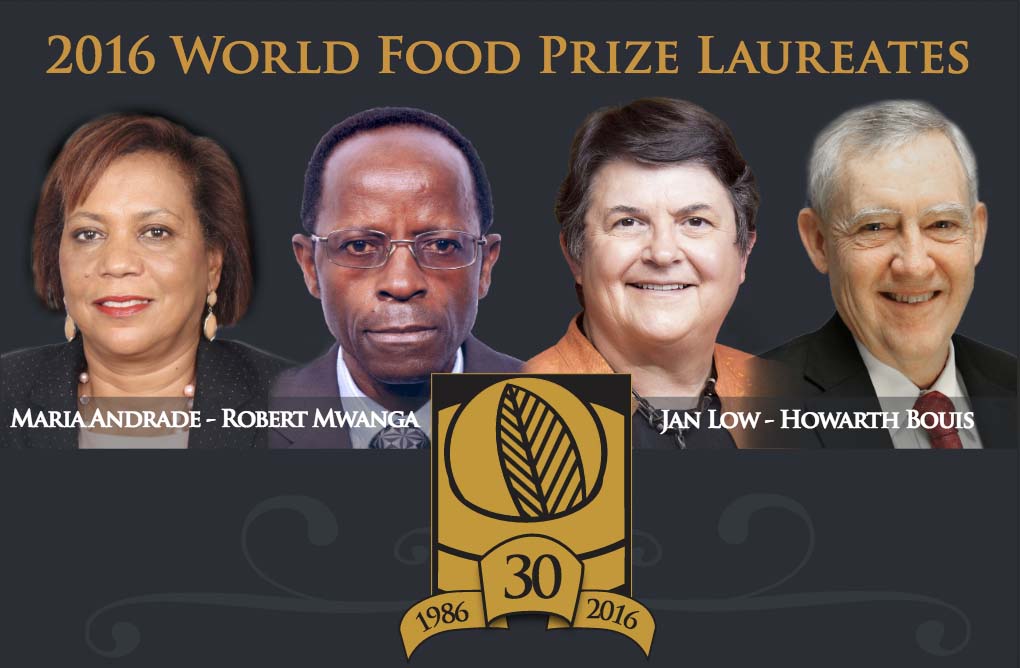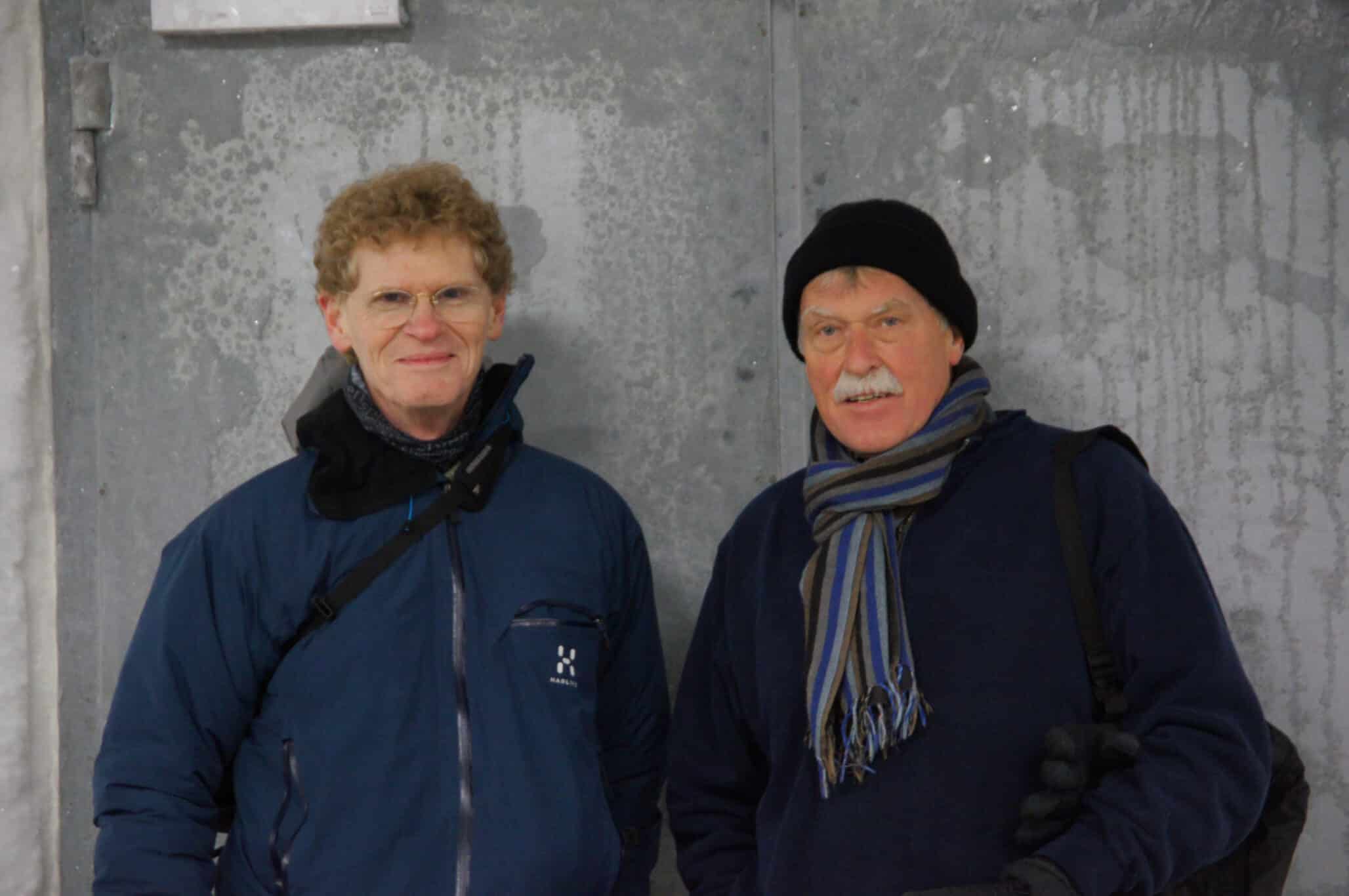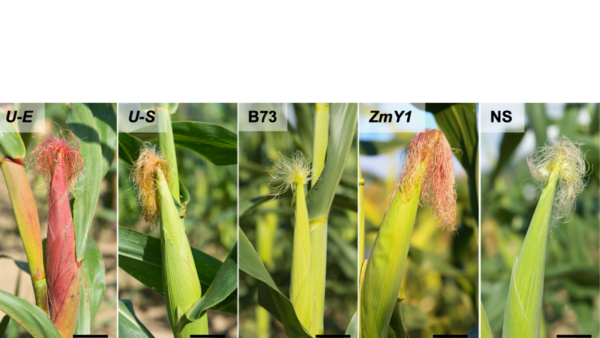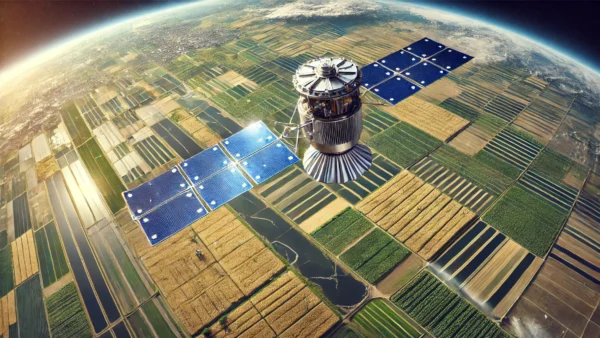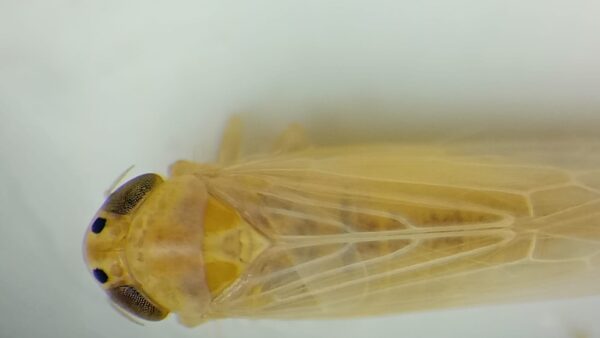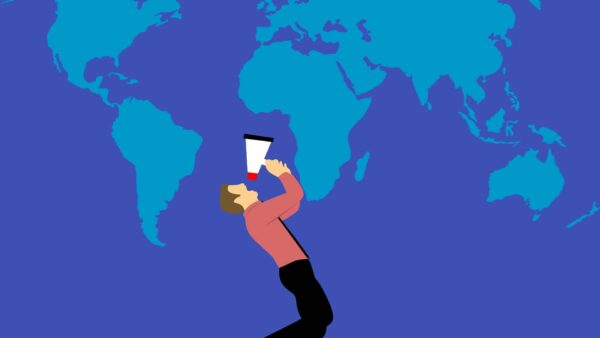Yesterday during a ceremony at the U.S. State Department, Maria Andrade, Robert Mwanga, Jan Low and Howarth Bouis were named the 2016 World Food Prize Laureates.
Thanks to the combined efforts of these four laureates, more 10 million people have been positively impacted by biofortified crops, with a potential of several hundred million more in the coming decades. This year’s $250,000 prize will be divided equally between the four recipients. The prize rewards their work in countering world hunger and malnutrition through biofortification.
The International Potato Center’s (CIP) Andrade, Mwanga and Low are being honored for their work in developing the orange-fleshed sweet potato (OFSP) — the single most successful example of biofortification. Andrade and Mwanga, plant scientists in Mozambique and Uganda, bred the Vitamin A-enriched OFSP using genetic material from CIP and other sources, while Low structured the nutrition studies and programs that convinced nearly 2 million households in 10 separate African countries to plant, purchase and consume this nutritionally fortified food.
Throughout a 25-year period, Bouis who is the founder of HarvestPlus at the International Food Policy Research Institute pioneered the implementation of a multi-institutional approach to biofortification as a global plant breeding strategy. Because of his leadership, crops such as iron- and zinc-fortified beans, rice, wheat and pearl millet, along with Vitamin A-enriched cassava, maize and OFSP are being tested or released in more than 40 countries.
“These four extraordinary World Food Prize Laureates have proven that science matters, and that when matched with dedication, it can change people’s lives,” said Gayle Smith, USAID administrator. “USAID and our Feed the Future partners are proud to join with renowned research organizations to support critical advances in global food security and nutrition.”
In announcing the names of the 2016 Laureates, Ambassador Kenneth M. Quinn, president of the World Food Prize, noted “they are truly worthy to be named as the recipients of the award that Dr. Norman E. Borlaug created to be seen as the Nobel Prize for Food and Agriculture.”
2016 marks the 30th anniversary of the establishment of the World Food Prize.
“The impact of the work of all four winners will be felt around the globe, but particularly in sub Saharan Africa,” Quinn added. “It is particularly poignant that among our 2016 recipients are two African scientists who are working on solutions to tackle malnutrition in Africa, for Africa.”


